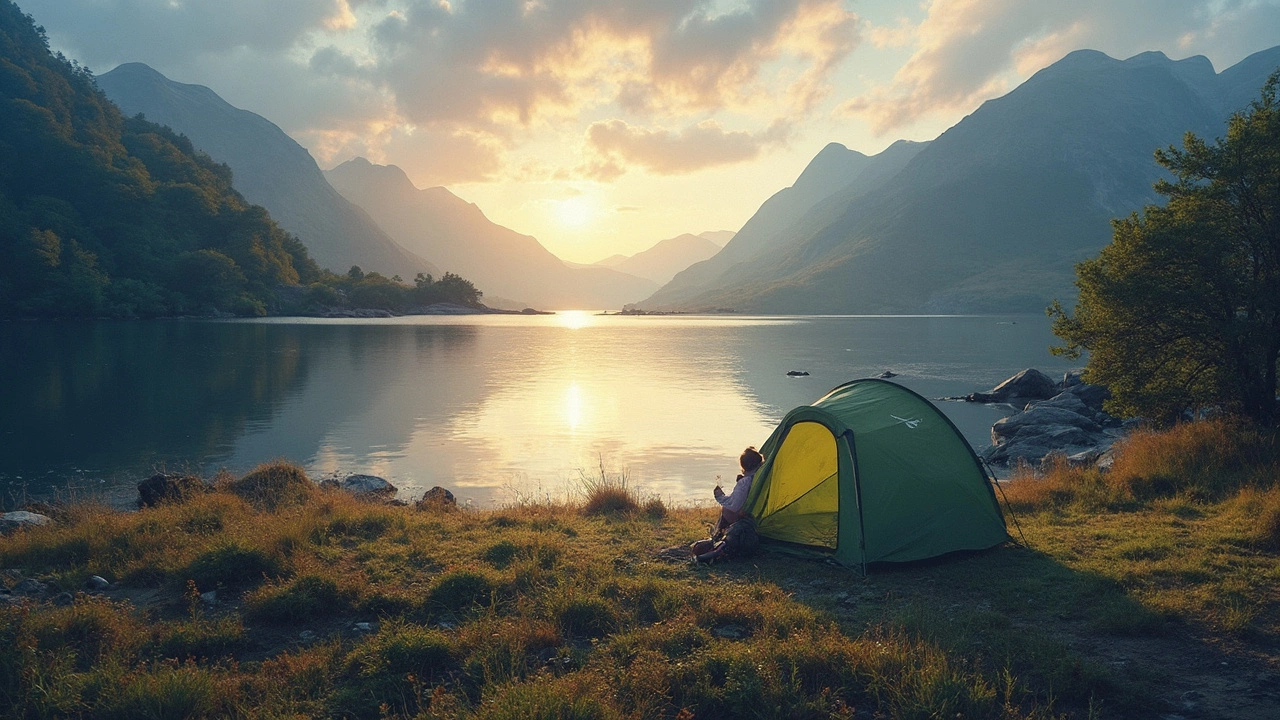Free Camping Spots – Where to Pitch for Free in the UK
If you love the open road but hate pricey pitch fees, you’re in the right place. This page gathers the best advice on free camping spots, from wild moors to undiscovered forest clearings. Grab a notebook, we’ll walk through everything you need to know to camp for free and stay safe.
Free camping, also called wild or dispersed camping, means you set up your motorhome or tent on public land without paying a fee. It’s not a free‑for‑all; you still have to follow rules, respect the environment, and keep an eye on local signs. Think of it as a privilege, not a right.
In England, Wales and Northern Ireland, wild camping is generally only allowed in specific areas like Dartmoor or parts of the Lake District where the landowner has given permission. Scotland is more relaxed – the Land Reform Act lets you camp on most uncultivated land, as long as you’re responsible. Always check local bylaws before you park.
Safety comes first. Pick spots that are level, away from flood zones, and have easy access for your vehicle. Bring a lid‑locked waste bag, a portable toilet if needed, and leave no trace. Pack out everything you bring in, and avoid building fires unless it’s clearly allowed.How you find free spots matters. Smartphone apps like iOverlander, Park4Night or the free version of Camper Contact let users drop pins and write notes. Google Maps satellite view can reveal clearings, old car parks or forest tracks that look suitable. County council websites sometimes list designated wild‑camping zones.
Don’t underestimate the power of local knowledge. Ask shop owners, farmers or fellow campers you meet on the road. Many UK villages have “wilder” spots that aren’t on any map but are tolerated because you’re low‑impact. A friendly chat can open doors you’d otherwise miss.
Top Free Camping Areas to Try
Here are a few proven favourites. The eastern edge of the Forest of Bowland offers quiet meadows with great views. In Scotland, the Ardnamurchan peninsula has countless secluded coves; just watch for private land signs. The Yorkshire Dales have “access land” where you can park beside a stream, provided you’re quick and tidy. If you’re up for a bit of adventure, the coasts of Cornwall have sheltered beaches that accept overnight stays during off‑peak months – just check local council rules.
What to Pack for a Successful Free Stay
Keep your gear lightweight but robust. A good sleeping bag, insulated pad and portable power bank are essentials. Bring a small water filter or purification tablets if you’ll rely on natural sources. Pack a compact cooking setup – a single‑burner stove and a pot are enough. Most importantly, a sturdy trash bag for all waste; you’ll thank yourself when you leave the site spotless.
Free camping can turn a road trip into a real adventure, but it works only when you respect the land and the people who own it. Use the tips above, stay flexible, and you’ll discover hidden gems that cost nothing but give you priceless freedom. Happy travels, and may your next free spot be just around the bend!
-
 VIEW POST
VIEW POSTWhere to Camp for Free in the UK: Top Spots for Wild Camping
Mar, 2 2025|0 CommentsExplore the legal options for wild camping in the UK, an adventure that allows you to connect with nature without breaking the bank. From the rugged landscapes of Scotland to specific areas in Dartmoor, discover where you can legally pitch your tent for free. We cover essential tips, legal insights, and the best regions for a unique outdoor experience. Learn how to camp safely, minimize your impact on the environment, and fully enjoy the UK's natural beauty. Whether you're a seasoned camper or new to the wild, these tips will help you plan your next camping trip.